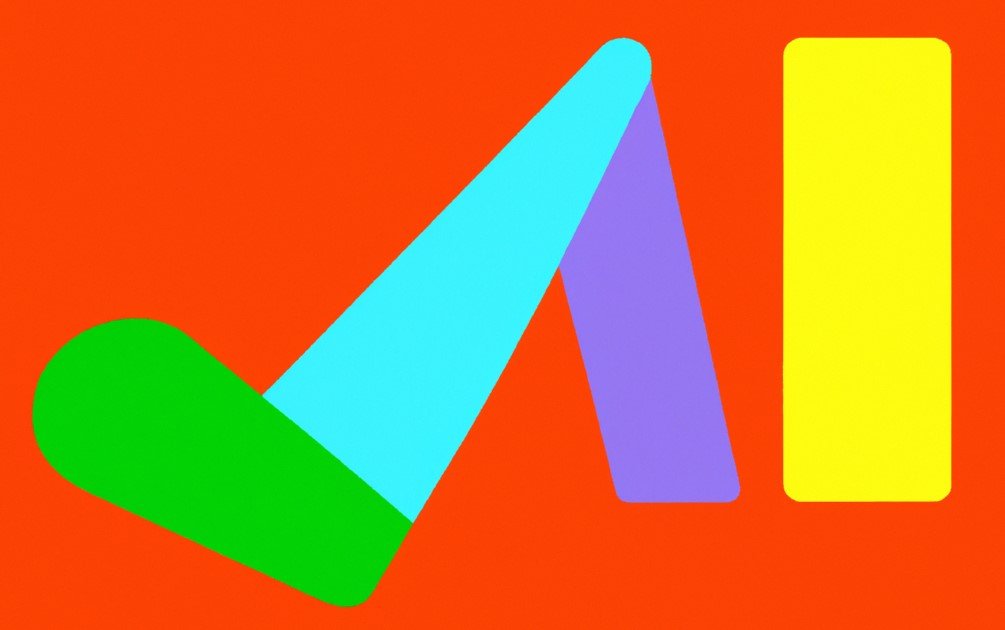What happens when we have access to all knowledge via a hearing aid or ear pod?
While there isn't a specific AI device designed to be worn on the ears that provides direct access to all knowledge, there are AI-powered wearables. For example, the Apollo Neuro uses vibration frequencies to improve health and wellness, and the Oura Ring offers an in-depth analysis of your sleep and activity levels using advanced sensors. Another interesting device is the Rewind Pendant, which captures and transcribes real-world conversations for digital storage, acting as a digital memory extension. These devices incorporate AI to enhance health, wellness, and productivity, although they might not directly provide the breadth of knowledge accessible through AI.
The shown wearable device doubles as a hearing aid and a cutting-edge technological accessory. This device features a sleek, ergonomic design that comfortably fits behind the ear, designed to enhance hearing while providing smart features in a polished and unobtrusive aesthetic.
Good and Bad News: When we have access to all the knowledge in the world via a hearing aid or an ear pod, several profound changes could occur in society, education, work, and personal development. Below are several potential outcomes:
Education Transformation: Traditional education systems could be revolutionized. With instant access to information, the focus might shift from memorizing facts to developing critical thinking, creativity, and problem-solving skills. This could democratize education, making learning opportunities accessible to everyone, regardless of geographic location or socioeconomic status.
Accelerated Learning: Education could become highly personalized and efficient. Students might learn complex subjects more quickly with instant access to information, adapting learning to their pace and interests.
Personal Development: Individuals could pursue a broader range of interests and hobbies with ease, leading to more well-rounded personal development. The boundary between experts and novices might blur as everyone gains access to expert-level knowledge in multiple fields.
Workplace Evolution: Professional environments could evolve significantly. Employees would have instant access to the latest research, best practices, and data needed for their roles, potentially increasing productivity and innovation. However, it could also challenge current job structures and necessitate new assessments for expertise and skills.
Enhanced Decision-Making: With instant access to vast amounts of information, people can make more informed decisions in their personal and professional lives. This could lead to better outcomes in healthcare, finance, and everyday choices.
Social Implications: While such technology could bridge educational and informational gaps, it might also raise concerns about information overload, privacy, and the digital divide. Not everyone might have equal access to or the ability to use such advanced technology, potentially exacerbating existing inequalities.
Increased Cognitive Inequality: Access to this technology might not be uniform, potentially widening the gap between those who can afford such devices and those who cannot. This disparity could lead to significant social and economic inequalities.
Privacy and Security Concerns: Such devices would likely collect and process vast amounts of personal data. This raises significant privacy concerns and the risk of data breaches, potentially exposing sensitive information.
Dependence on Technology: Overreliance on these devices could diminish people's ability to think critically and remember information. Cognitive skills could atrophy if humans rely too heavily on artificial means to access knowledge.
Cultural and Linguistic Homogenization: Instant access to global knowledge could lead to the dominance of certain languages and cultures, potentially eroding cultural diversity and linguistic richness.
Ethical and Philosophical Questions: The ability to access all knowledge instantly would raise ethical questions about the nature of learning, the value of human experience, and the role of memory in personal identity.
Innovation and Creativity: This technology could spur unprecedented levels of innovation and creativity, as people combine and apply knowledge in new ways. However, it might also challenge traditional notions of intellectual property and originality.
Mental Health Impacts: Constant access to information could overwhelm individuals, leading to information overload and affecting mental health. Balancing technology use with mental well-being would become crucial.
Cognitive and Psychological Effects: Reliance on external devices for knowledge could impact memory, attention spans, and even how we perceive the world. There might be debates about what constitutes true knowledge and understanding if information is always externally sourced.
Shifts in Employment: Many jobs that rely on specialized knowledge could be transformed or become obsolete, necessitating a shift in the workforce toward more creative, empathetic, or complex problem-solving roles that AI cannot easily replicate.
Such a scenario is speculative, but it underscores the importance of ethical considerations, equitable access, and developing critical thinking skills alongside technological advancements.
Ethical and Philosophical Questions: Issues of data accuracy, misinformation, and control over information sources could become even more critical. There would be ethical debates about the right to access information, censorship, and the potential for manipulation.
Innovation and Creativity: On the positive side, having instant access to vast amounts of information could spur unprecedented levels of innovation and creativity, as people combine knowledge from different fields to create new ideas and solutions.
Human Connection: The way we interact with each other could change, with conversations potentially becoming more informed and enriched by instant factual references. However, it could also lead to a reliance on technology over personal experience and wisdom, altering the nature of human connection.
Access to all knowledge through such a device is a double-edged sword, offering immense benefits while posing significant challenges and ethical dilemmas. Balancing these factors would be crucial to harnessing the potential of such technology positively.

